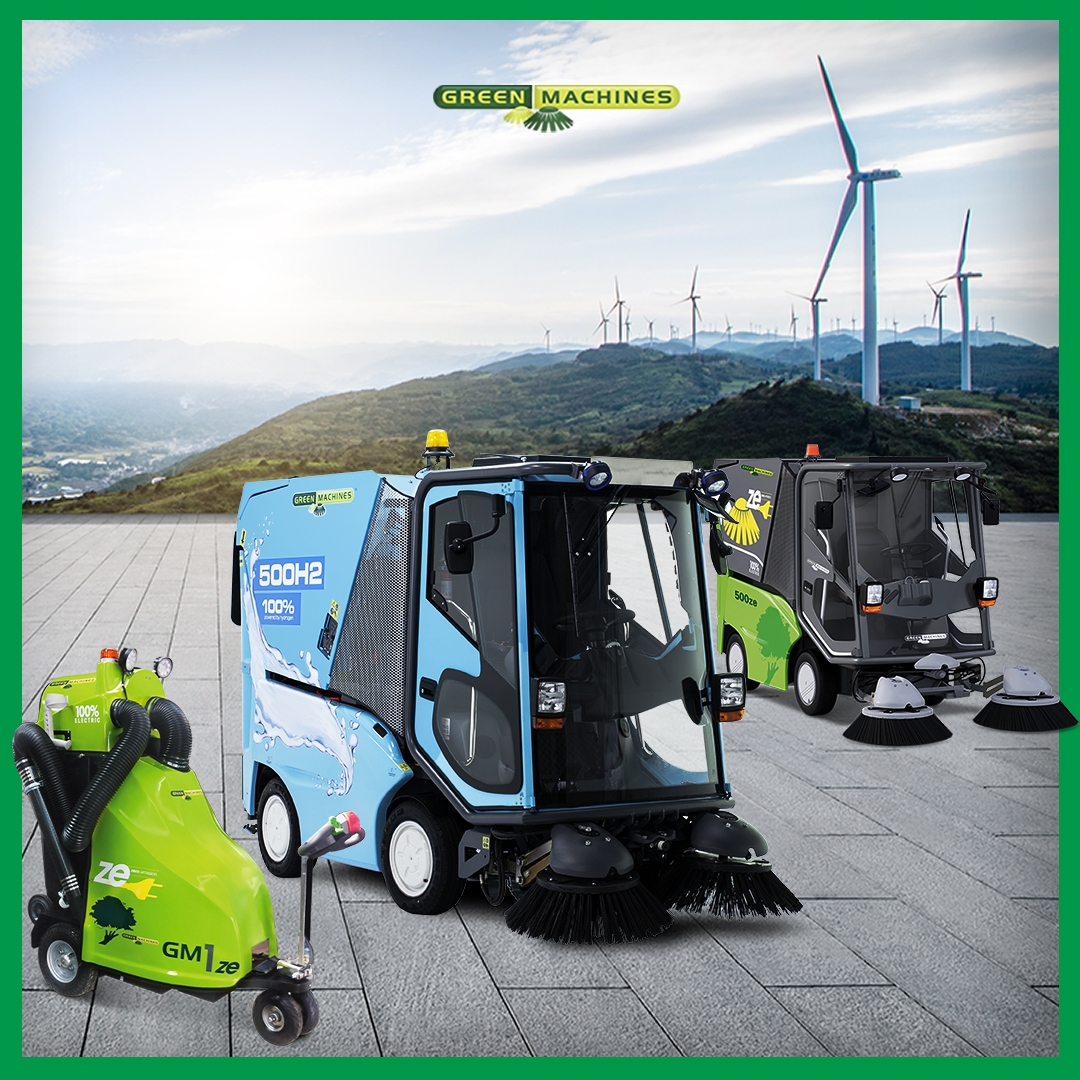
We cannot help but notice that it is more and more frequently discussed whether it is better to focus on batteries or hydrogen in many different industries. Although the topic is much more complex than it seems and there may not be only one right answer, we decided to say a few things about the eternal debate: hydrogen or batteries?
Firstly, we’d like to say that whatever option you choose to buy or focus on developing in the future, we salute your endeavor because both options are a step forward towards a cleaner and greener future for all of us. Some things may be better now, some may be better in the long run and some may even be the only option in the future, but right now all options are still open and the most important thing is to focus on the eco-friendly technology we have available.
Hydrogen is the most abundant element on the planet and it’s been powering engines as long ago as 1807. Besides, it’s also the cleanest kind of fuel there is and yet it still hasn’t really taken off in the world of motoring. Lots of manufacturers have experimented with the technology, and while some have committed to producing hydrogen-powered vehicles in small numbers, mass uptake is beginning just now. We are among the first manufacturers in the world and the first OEM to offer mass production of hydrogen fuel cell sweepers in the world and we really hope that our groundbreaking innovation encourages others to walk down a similar path and work on more sustainable solutions in the future. Hydrogen is superior to batteries in many ways since it is light, non-toxic, it can be produced from renewable resources in a clean process, refueling the tank takes just a few minutes and a full tank can offer you much greater mileage than a fully charged battery on the same vehicle. However, hydrogen’s biggest problem currently is that it is not as widespread as batteries and infrastructure is still an issue in many countries. That is why our 500 H2 hydrogen-powered sweeper comes in two types: 1. with a fixed hydrogen tank system or 2. with a cartridge system with H2 pods. The H2 pods solve the issue of having to invest in an expensive hydrogen fueling infrastructure. Another major benefit of hydrogen is that it can be produced on site rather than being transported like fuel, or supplied through the grid like electricity. This means that the use of hydrogen can be encouraged locally and ideally, the whole energy sector would incorporate hydrogen into the mix, from refueling cars to storing energy for homes. This would be really game-changing for our planet.
Conversely, EVs hegemony over other types of eco vehicles seems rather untouchable at the moment, as more and more countries around the world are reporting a growing interest in electric vehicles. People from forward-looking and developed countries are more than aware of the global issues such as climate change and air pollution which have triggered their interest to invest in eco-friendly vehicles and opt for green solutions on a daily basis. Battery-powered vehicles are the perfect solution for nearly every country in the world right now because EV charging points are set up very easily and fairly inexpensively. Plus, the electricity can be sourced from renewable sources. Both EVs and FCEVs (hydrogen-powered vehicles) are zero emissions vehicles so using either one means you are not harming the environment. However, the biggest disadvantage of EVs today is that their batteries take very long to recharge, whereas hydrogen tanks refuel like regular fossil fuel tanks within a few minutes. EVs also cannot offer great mileage and speed yet, but that will almost certainly improve in the near future. EVs are more affordable at the moment and easier to use because of the inexpensive charging infrastructure, but that does not mean that hydrogen vehicles will not catch up, if not surpass them in the future. For truly sustainable mobility and even household energy, hydrogen is a fuel that cannot be ignored.
The sceptics’ first argument against hydrogen vehicles is that they’re less efficient than EVs are because hydrogen doesn’t occur naturally, it has to be extracted, then compressed in fuel tanks. It then has to mix with oxygen in a fuel cell stack to create electricity to power the vehicle’s motor. Cynics point to the efficiency loss in this process when compared with an electric car in which the electricity comes straight from a battery pack. However, everyone seems to forget to point out that Lithium-ion battery production for EVs is very energy-intensive as well and right now we still have an environmental cost of battery production, whereas hydrogen has the biggest potential as a fuel since it can be produced from renewable sources.
All in all, to give a summed-up overview on the eternal debate: hydrogen or batteries; we believe that right now no matter which option you choose, you are taking a step forward and helping our planet’s preservation. It is very important that people become aware of the eco-friendly options that they can invest in and start making changes for the better since it is up to each and every one of us to get well-informed about what we can do to help our planet. For a cleaner city and greener future, we’re always here for you at www.greenmachines.com and we’d be more than happy to assist you. Whether you want to invest in an electric sweeper or a hydrogen sweeper, we have a solution for you! Contact us and we’ll help you find the perfect sweeper for you and your city. 😊
